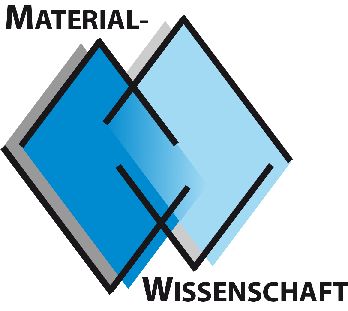Improving performance of e-steel for eDrives through a better understanding of the stress influence
Master Thesis
Electrical steel (e-steel) is a soft magnetic material that plays a key role in various technological applications such as generators, motors and transformers. Non-grain oriented e-steel is widely used in the fabrication of the motor for eDrives: in the stator (demanding optimized magnetic properties) and in the rotor (requiring optimized mechanical properties). Mechanical stress induced during material processing, motor construction and operation conditions has a large impact on the magnetic characteristics of e-steel and can have a negative impact on the flux density distribution and the core loss (i.e. performance) at a machine level. A post-annealing process can help to recover partially the initial material characteristics by releasing stress. However, limitation in the maximum temperature applies since the insulation coating usually does not stand temperatures above 820 °C without irreversible damage.
Studying locally the evolution of the magnetic domain configuration is used to understand the influence of external mechanical stress in e-steel. In this work, we aim to establish a correlation between the stress induced on e-steel strip samples with different thickness along two opposite directions (rolling direction and transverse-to-rolling direction) and the evolution of the magnetic domain configuration under different operation conditions. This will be done following two complementary paths (external and in-situ application of stress) by using a Magneto-Optical Kerr effect (MOKE) microscope and a single sheet tester (SST). The possibility to modify locally the composition, morphology and microstructure will be also studied in view of increasing locally the mechanical strength for rotor applications.



